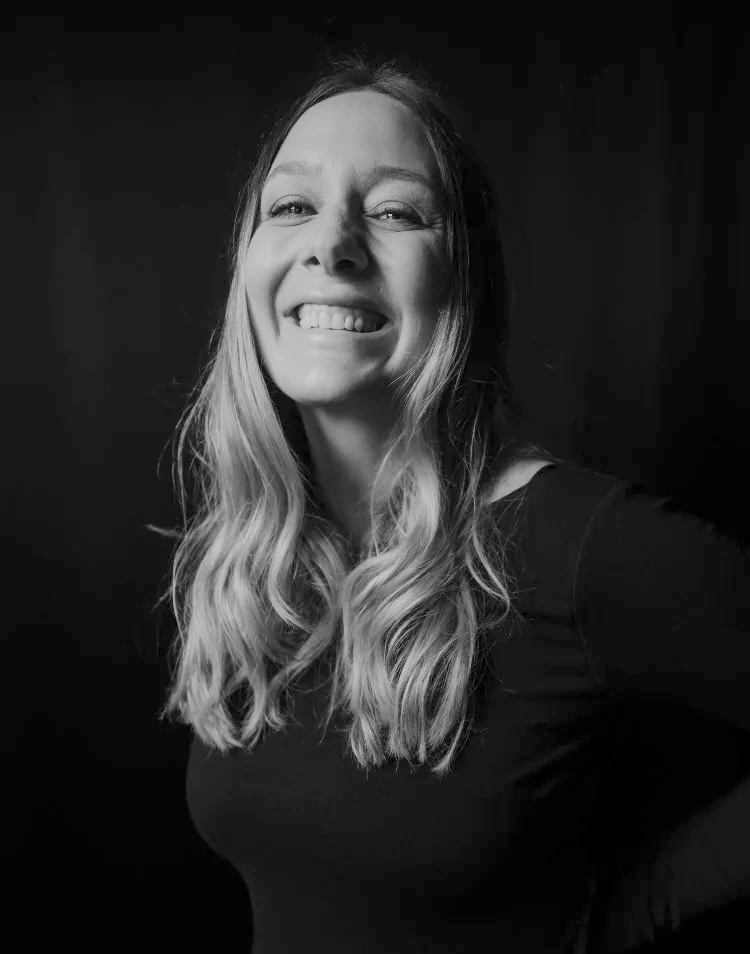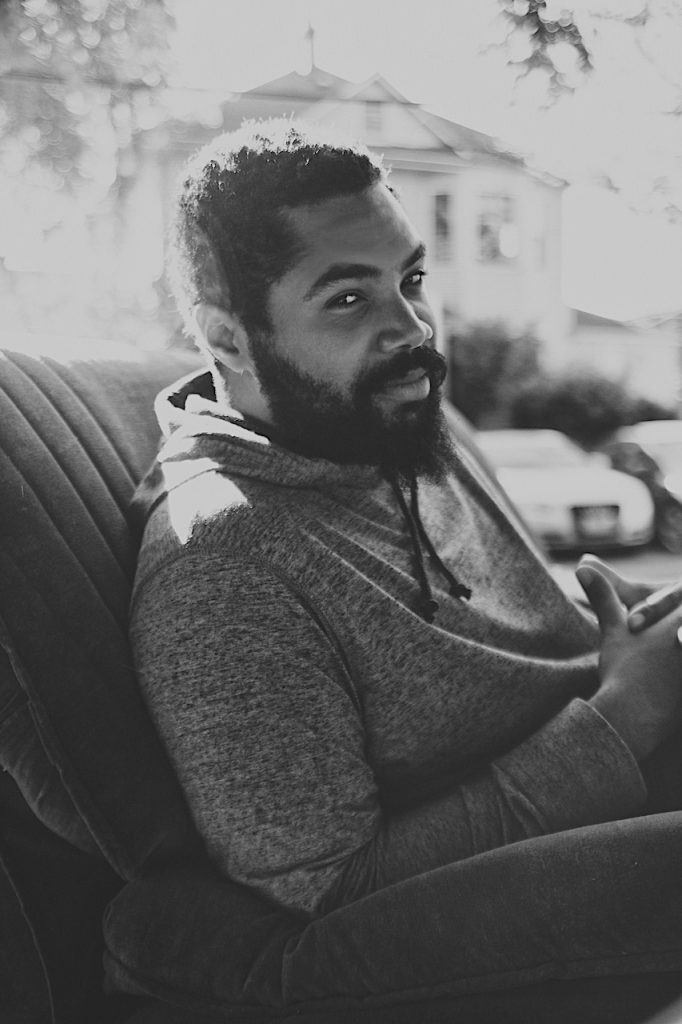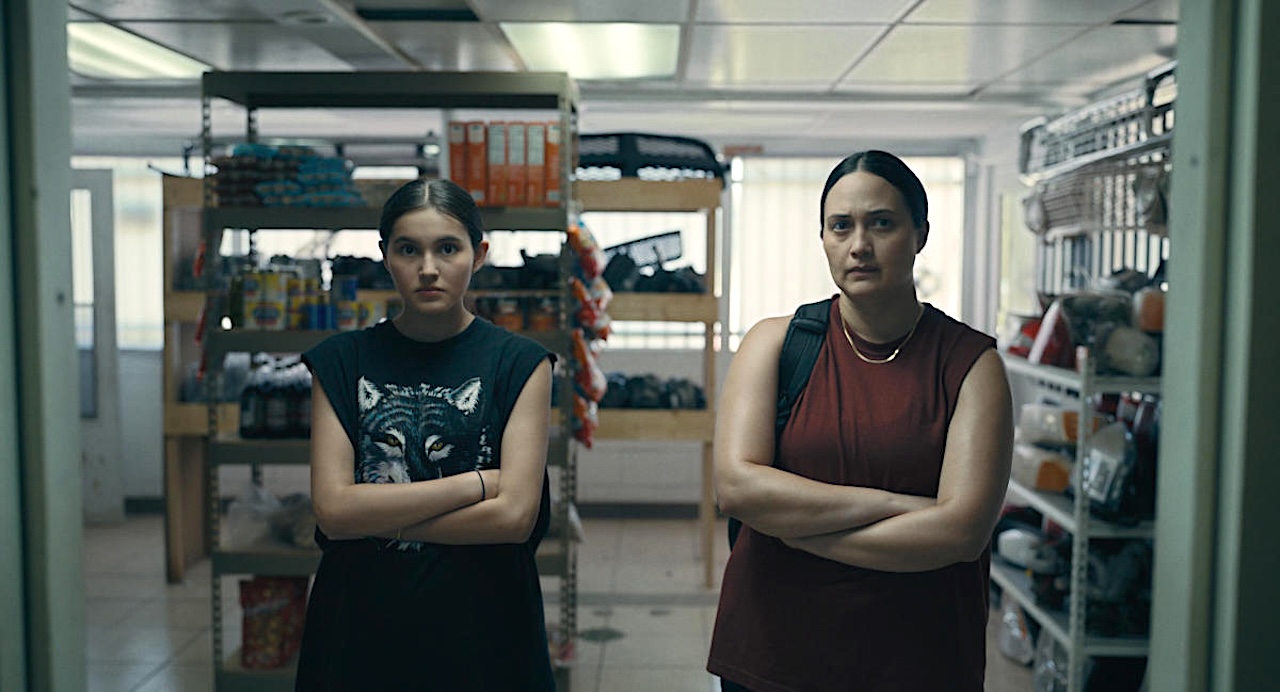Confluential Films spans film, television, and documentary and tells stories focusing on the Black community. The company was founded by Tommy Oliver which he describes as the “confluence of art, entertainment, business, and cultural specificity.” Oliver spoke with Creative Screenwriting Magazine about what makes Confluential distinctive.
“For me, it’s about telling stories that I can be proud of, telling stories that center around people of color in ways that are nuanced and interesting, and represent us in a three-dimensional way. That can show up in a horror film to a drama to a thriller,” he continues.
Oliver has an entire creative team working with him, so he isn’t the sole generator of stories. He is a multi-hyphenate filmmaker stretching from writing to directing to producing, but he really loves the writing process.
“I love the process of discovery and it pains me to not have the time to do more of it,” he confesses. He also adds that he can’t imagine directing something he hasn’t written so all his processes are intertwined.
Cultural Specificity / Universal Appeal
Industry terms including diversity, BIPOC, urban, under-represented and the like are about the lives of members of these communities. These stories should ideally connect with their life experiences, but also make an impact on wider audiences.
“You look at a movie like Erica Tremblay’s Fancy Dance. There are people that talk about the idea of things being culturally specific, but also universal. Most people don’t really understand what that means and they don’t actually know how to do that,” says Oliver.

Erica Tremblay
Fancy Dance tells an authentic story. “The writers are indigenous, the director is indigenous, we have indigenous lead characters, and it’s rooted in experiences that they’ve had and people they’ve known or know. And in that specificity, the universal themes emerge. You don’t have to be indigenous to feel what they’re going through.”
“This is good filmmaking, and so for us, it’s authentic and it’s not something that it’s just a widget. It’s not something that’s just current and trying to fit into a box. It’s something that comes from a place of lived experiences.”
If the filmmaker cares enough about authenticity, the audience will join the experience
Know Your Brand
Tommy Oliver has been writing, directing, and producing for decades. We asked him if there any consistent themes in his stories.
“There is this sense of hope in the face of really difficult circumstances, and the willingness to keep pushing through and being able to show up for your family and your community. A part of it comes from my upbringing.”
Oliver has persevered in the face of adversity many times in his life. It’s a skill he’s developed over time and feels people need to see that.
“Audiences need to be reminded that we all go through hard stuff. We all get knocked down. How do you deal with it? How do you choose to choose to get up? Choose to do the right thing when nobody else is looking. Choose to keep pushing.”
Having an absent father during his childhood allowed him to explore the pain and complexities of his childhood and the importance of family.
“Ultimately, it’s just about exploring the things that that make us human. Exploring the things that we all go through in a way that is specific to me.”
Kinyarwanda And 1982
Tommy Oliver’s first produced movie is Kinyarwanda from 2011. He admits that he read some scripts and screenwriting books, but never felt he was a professional screenwriter at the time.
He wrote this script in 2008/9 which later became 1982. “It was the story of a young girl whose mother succumbs to a crack cocaine addiction and her father is trying to wean his wife off it while shielding her from the effects of it.” This is very much a personal story for Tommy.
The girl was in place of Tommy, but the story took place in the neighbourhood where he grew up in Philadelphia, in the same street, in the same house. “It required so much to be able to go back to those places, from having a mother who was on drugs and having a dad who wasn’t around. It was about not having the person who should have been the person you can depend on and trust, not show up again and again,” explains Tommy.
Oliver grappled with whether this story should be told from the perspective of a young child or an adult. Eventually, he leaned more into his perspective as an adult.
He adds that it was both a cathartic experience for him and one of discovery. “One of the things that you have to do is make sure that you’re translating the emotion.”
Tommy Oliver’s View On The State Of The Biz
A year after the Great Strikes, Tommy Oliver believes we’re still going through the Great Reset. “The business models from six to twelve months ago are no longer working. They’re being measured and evaluated differently and audiences are engaging with content differently. Content has changed radically and the industry is struggling to catch up,” declares Oliver.

Tommy Oliver
“The cost of money has gone up, the cost of making movies has gone up, and the infrastructure to support it from the state level is certainly not there,” he continues.
The disruption will continue until we figure out the new normal. “We need a different approach and I think unfortunately most people are wishing for things to go back to the way they were, but it’s not going to happen.”
“There’s a responsibility as a creative, business owner, producer, entrepreneur, writer or director to understand where the marketplace is in order to be able to have a shot at telling the types of stories that we want to tell.”
“We have to figure out to how be creative, how to be memorable, how to adapt to to where things are and where they’re going.”
The spec script market has virtually dried up and it has become a “packaging market.”
“The best advice for screenwriters is to be a student of the industry, understand where it’s heading, and understand the types of things that are working right now.” If you don’t, there’s a risk of writing scripts that will have difficulty in finding a home. If you can succeed in the current environment, that can provide resources to write the deeply-personal stories that you want to tell later on.
Tommy Oliver adds that it’s harder to break into the industry now than at any time in his career, and even harder to get your second and third projects off the ground. But things will improve given the cyclical nature of the industry.
I still think the fundamentals of a good story will always remain there
“We need original ideas and voices, but those voices have to figure out how to navigate both sides. It’s not fair, but it is the reality of where the marketplace is right now,” he notes.
Oliver also suggests that writers should not be overly precious about their scripts. Have an understanding of what matters to the characters and the emotional story as a whole and allow feedback the retains these elements. Film is a collaborative medium where most people genuinely want to create the best film possible. Choose your battles.
To conclude, Tommy Oliver also notes that many screenwriters choose not be constant students of the industry. “They think getting their films made is somebody else’s responsibility.
We need to understand what’s selling and understand why it’s selling
In doing so, you will have a more informed approach to the types of stories you write and the way that you write them while developing and expressing your writing voice.
